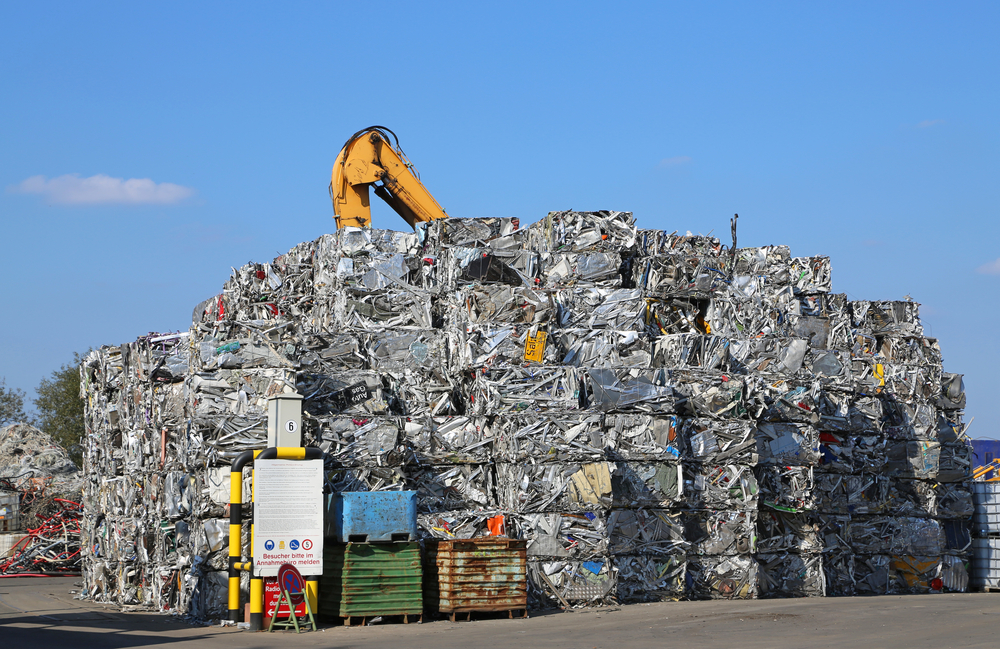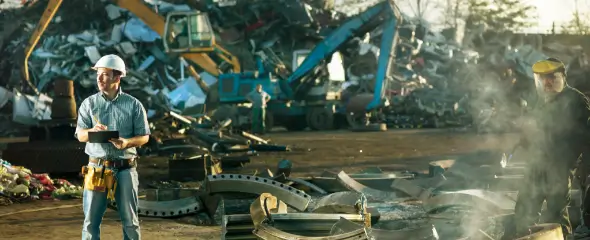
In today’s environmentally conscious world, reducing carbon footprints has become more than a necessity; it’s a collective responsibility we all share. This blog explores the environmental impact of scrap metal recycling, its benefits for the planet, and how individuals and businesses alike can participate in this crucial process.
The Environmental Impact of Scrap Metal Recycling
Scrap metal recycling plays a pivotal role in conserving natural resources and energy. Unlike the extraction and processing of virgin ore, recycling metal requires a fraction of the energy and emits considerably lower levels of greenhouse gases. For instance, recycling aluminum saves up to 95% of the energy needed to produce new aluminum from raw materials.
Benefits Beyond Energy Savings
The benefits of recycling scrap metal extend beyond mere energy conservation. It also significantly reduces the need for landfill space, as metal is endlessly recyclable without losing its properties. This process prevents the leaching of hazardous materials into the ground, protecting water sources and soil from contamination.
How You Can Contribute
Participating in scrap metal recycling is easier than many might think. Individuals can start by segregating metal waste at home – such as aluminum cans, steel products, and old electronics – and taking them to local recycling facilities. Businesses, especially those in construction, manufacturing, and demolition, can partner with recycling companies to ensure their scrap metal is processed responsibly.
At H&C Metals, we specialize in recycling scrap metal and electronic waste, serving various sectors. Our commitment is to environmental sustainability, offering services like scheduled pick-ups to facilitate recycling. We pride ourselves on reducing waste, conserving energy, and lowering carbon footprints, embodying a green philosophy.


